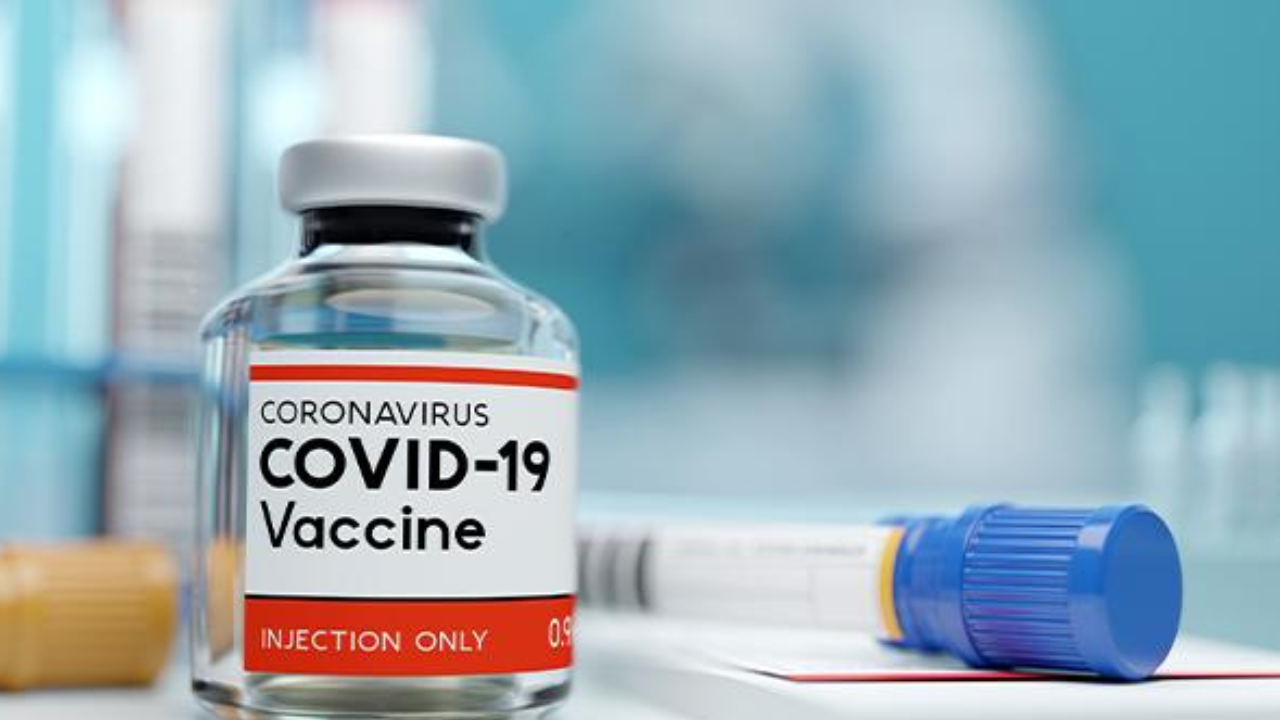Two years after the first COVID-19 shots went into arms, a growing chorus of researchers is calling for a new generation of vaccines that provide broader and more long-term protection against the disease.
The U.S. is currently recording around 430 COVID-19 deaths per day, on average, according to NBC News’ tally. That includes many people who received at least two COVID-19 shots: Six in 10 adults who died of COVID-19 in August were vaccinated or boosted, according to a report by KFF, a nonprofit health think tank. And for the most part, vaccinated people don’t avoid infections or reinfections anymore.
“Coming up with a vaccine that’s going to last longer and cover a wider range of the COVID-19 family of viruses is a life and death problem,” said Dr. Tom Frieden, who directed the Centers for Disease Control and Prevention until 2017 and is now president of the public health organization Resolve to Save Lives.
Many people thought the solution to that problem had arrived two years ago, on December 14, 2020, when Sandra Lindsay became the first person in the U.S. to get a COVID-19 vaccine outside of a clinical trial.
“My whole life just changed tremendously in that one moment in time,” said Lindsay, who is now the vice president of public health advocacy at Northwell Health.
“What was going through my mind is, ‘I cannot wait for this needle to pierce my arm,’” she said.
Millions of people shared her impatience, for good reason: Adults who are up to date on their shots are 15 times less likely to diefrom COVID-19 than those who are unvaccinated. COVID-19 vaccines prevented more than 3.2 million deaths and 18.5 million hospitalizations in the U.S. from December 2020 through November 2022, according to an analysis published Tuesday by the Commonwealth Fund and Yale School of Public Health.
But at first, the shots were perceived to be even more powerful than that — a shield against mild symptoms and a ticket back to pre-pandemic life. The reality proved more complicated and, in certain ways, disappointing.
Many experts maintain that we can — and must — do better.
In particular, researchers think sprays or drops given through the nose or mouth could do a better job of stopping transmission. They also hope that vaccines that target multiple parts of the virus or several variants at once could reduce the need for continuous boosters.
“It’s sometimes easy to forget what a tremendous achievement it was to get a brand new vaccine against a brand new class of viruses. … It was pragmatic, and it was tremendously successful. But it’s certainly not the panacea,” said Matthew Miller, scientific director of the Michael G. DeGroote Institute for Infectious Disease Research at McMaster University. “We can certainly improve on what we know now.”
Vaccine researchers generally agree that mRNA technology was suited to the needs of this pandemic, since it allowed scientists to develop a vaccine quickly at a time when each day meant more lives lost. Scientists then updated the shots relatively easily to target new variants.
“If it wasn’t mRNA, it wouldn’t have gotten done so fast,” said Dr. Barney Graham, former deputy director of the National Institutes of Health’s Vaccine Research Center, now a senior adviser for global health equity at Morehouse School of Medicine.
To date, he added, the Covyid vaccine is “one of our simplest, safest vaccines that we’ve ever made.”
When Lindsay got her vaccine in 2020, she was dealing with severely ill COVID-19 patients every day as director of nursing critical care at Long Island Jewish Medical Center.
“It felt like you were just walking into a burning building, but it’s your job,” she said. “It’s what I love doing: taking care of people. So I was going in there no matter what, and just praying every day that I don’t fall ill.”
Despite the odds, Lindsay still hasn’t gotten COVID-19, as far as she knows. But the majority of Americans have, according to CDC estimates — a situation most of the public did not anticipate when clinical trial results showed 95% efficacy against symptomatic disease.
“It may be that the vaccines were their own worst enemies in some ways, because they were so good initially that people had an expectation that went beyond reason,” Graham said.
Experts agree now, though, that protection from COVID-19 shots fades too fast. Plus, a lack of access to vaccines in many countries allowed the virus to spread rampantly and mutate over time, which has undermined vaccines and treatments.
“If we had immunized the whole world in six months, we may not be having all the problems with the variants because we would have constrained [the] virus’ spread earlier,” Graham said.
When Lindsay volunteered to get her vaccine on day one, she wasn’t aware that she was the country’s very first recipient — despite the cameras.
We’ve got the edge. Get real-time reports, breaking scoops, and exclusive angles delivered straight to your phone. Don’t settle for stale news. Join LEADERSHIP NEWS on WhatsApp for 24/7 updates →
Join Our WhatsApp Channel










